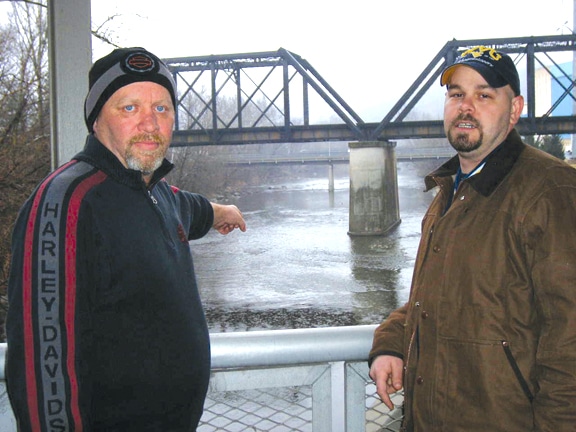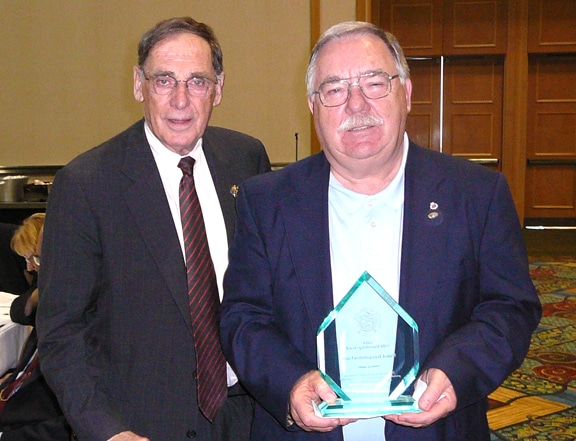WASHINGTON — At a hearing of the House Rail Subcommittee March 11 into prospects for privatizing portions of Amtrak, rail labor and Amtrak sounded a warning that intercity rail passenger operations in the U.S. cannot succeed or continue without a an adequate, consistent and assured stream of federal financial assistance.
“Private sector involvement is not the silver bullet that ensures success,” an Amtrak official said. “Amtrak is not afraid of competing to operate high-speed and intercity passenger rail services. However, other companies that wish to operate passenger rail service must be subject to all of the laws and regulations that apply to Amtrak, including labor, liability and insurance requirements.”
The Transportation Trades Department (TTD) of the AFL-CIO told the subcommittee: “We are not opposed to private sector participation in passenger rail — in fact, there is plenty of private involvement today. But we are opposed to breaking up Amtrak. Those who believe that privatization is a panacea ignore the fact that under this model, service would only be provided where it is profitable to do so for private investors.
“If other entities other than Amtrak are going to provide passenger rail service, then employee protections and major rail statutes must be applied to ensure a level playing field,” the TTD said. “It is wrong to allow private sector competition but then create an artificial cost advantage over Amtrak and its workers based on an ability to evade federal statutes.”
House Rail Subcommittee Chairman Bill Shuster (R-Pa.) and Transportation & Infrastructure Committee Chairman John Mica (R-Fla.) advocated more private sector involvement in delivery of intercity rail passenger service,
But Federal Railroad Administrator Joseph Szabo said that the 2008 Passenger Rail and Improvement Act of 2008, which was designed to solicit private sector initiatives in the development of high-speed rail, “did not result in many proposals — in part because the roles of the federal government, states and the private sector in developing high-speed rail are still being worked out.
“Realization of the president’s vision for high-speed rail in America will require significant capital investment, but also a long-term commitment from government and private enterprise,” Szabo said.
Szabo said he is aware that the subcommittee has “a particular interest” in increasing completion in the delivery of rail passenger service — and that the 2008 law provides for a pilot program for competition on up to two Amtrak routes. He said the FRA intends to move forward with a rulemaking to permit private sector competition as provided in the law.
“States currently have the ability to choose their own operators for rail service,” Szabo said.
“Additional competition may have the potential to improve efficiency and drive down costs,” Szabo said. “Key considerations include a commitment and dedication to safety, tangible benefits to passengers in terms of fast efficient service, effective accountability for any liability associated with operations, and a level playing field whereby all providers of intercity passenger rail service are railroads covered by the full panoply of railroad laws.”
Said Mica: “Internationally, the private sector successfully operates passenger rail and can turn a profit. There’s no reason we shouldn’t be attracting private sector capital and expertise to operate intercity passenger rail in the United States. In the next surface transportation reauthorization bill, we will ensure that we improve provisions to encourage private sector investment and participation in providing passenger rail service in this country.”
Said Shuster: “I firmly believe that we can make intercity passenger rail more effective and more affordable by partnering with the private sector and by bringing competition to the marketplace.”


